Used Gator Tail Boats For Sale – It carries with it a deep sense of commodification — the idea that every part of our lives, every piece of our history, every corner of our existence, has a price attached to it. This revival can be attributed to a combination of economic factors, growing awareness of environmental issues, and a shift in consumer attitudes toward sustainability and the value of pre-owned items. These platforms often provide tools that help streamline the due diligence process, including access to financial documents, business valuations, and other relevant data. The first and most obvious reason is the tangible benefits they offer. A piece of art, for example, may be valued differently by various individuals based on personal taste, financial resources, or the emotional connection they feel to the work. On the other hand, traditional industries such as brick-and-mortar retail or manufacturing may face challenges, with many businesses in these sectors looking to sell or transition due to changing market conditions. When a person decides to sell something, they might weigh the pros and cons, debating whether it’s the right time or whether it’s really necessary to part with what they’ve had for so long. The closing process also involves transferring the business’s assets, such as inventory, property, intellectual property, and customer contracts, to the new owner. When we begin to view everything through the lens of commerce, it’s easy to lose sight of the things that make life worth living — the moments that aren’t for sale, the experiences that can’t be bought. This stage can involve a variety of specialists, such as accountants, lawyers, and industry experts, who can provide a comprehensive evaluation of the business. Whether it’s a car, a house, or a simple piece of furniture, there’s a process that unfolds. From designer labels to quirky, eclectic finds, second-hand clothing offers a wealth of variety and style at a fraction of the price of new items. For when everything is for sale, it’s easy to forget that the most important things in life are not commodities; they are experiences, relationships, and moments of connection that cannot be measured in dollars and cents. For people looking to furnish their homes, build a wardrobe, or invest in certain hobbies or collections, second-hand goods often provide a way to access items they might otherwise be unable to afford. It implies that there’s nothing off-limits, nothing beyond the reach of commerce. The rise of online platforms has transformed the way second-hand goods are bought and sold. For instance, when someone is job hunting, it can feel like they’re placing themselves on the market, waiting for the right offer. The decision to sell an heirloom piece of furniture, for example, can be emotionally complex, as it involves a shift in one’s connection to the past. For sellers, the challenge lies in pricing items fairly and accurately representing their condition. For the buyer, purchasing a home is a dream realized, a step toward security and stability.
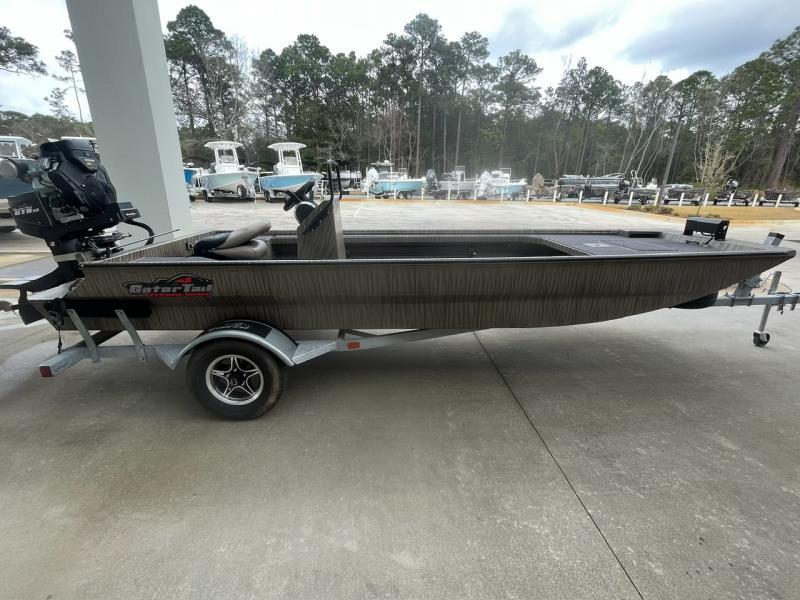
Gatortail boats for sale in United States
4.5/5 (1,936 reviews)
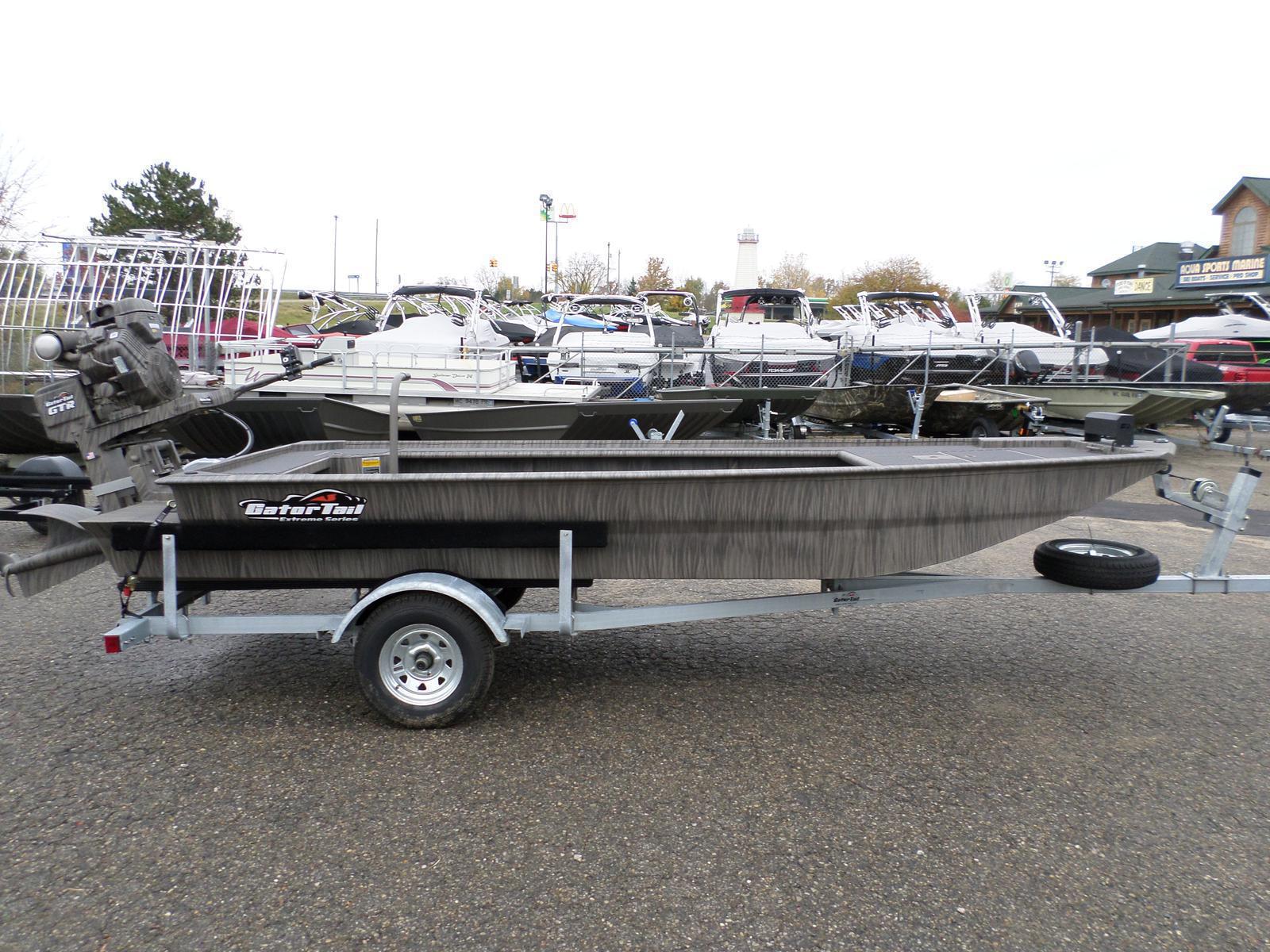
GatorTail boats for sale
4.5/5 (1,936 reviews)
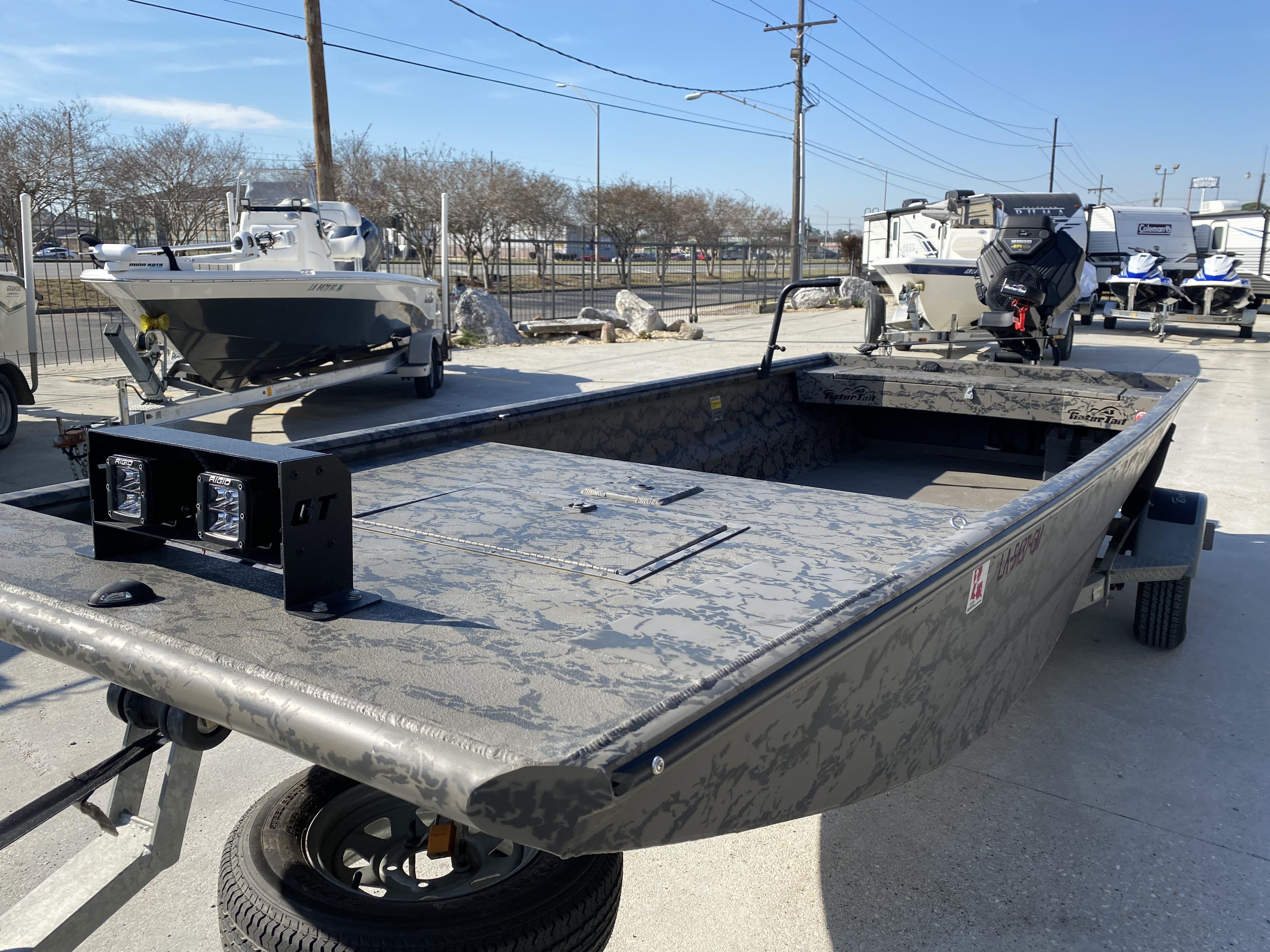
Used 2021 Gatortail 1754 Extreme Series, 70072 Marrero Boat Trader
4.5/5 (1,936 reviews)

Gatortail boats for sale
4.5/5 (1,936 reviews)
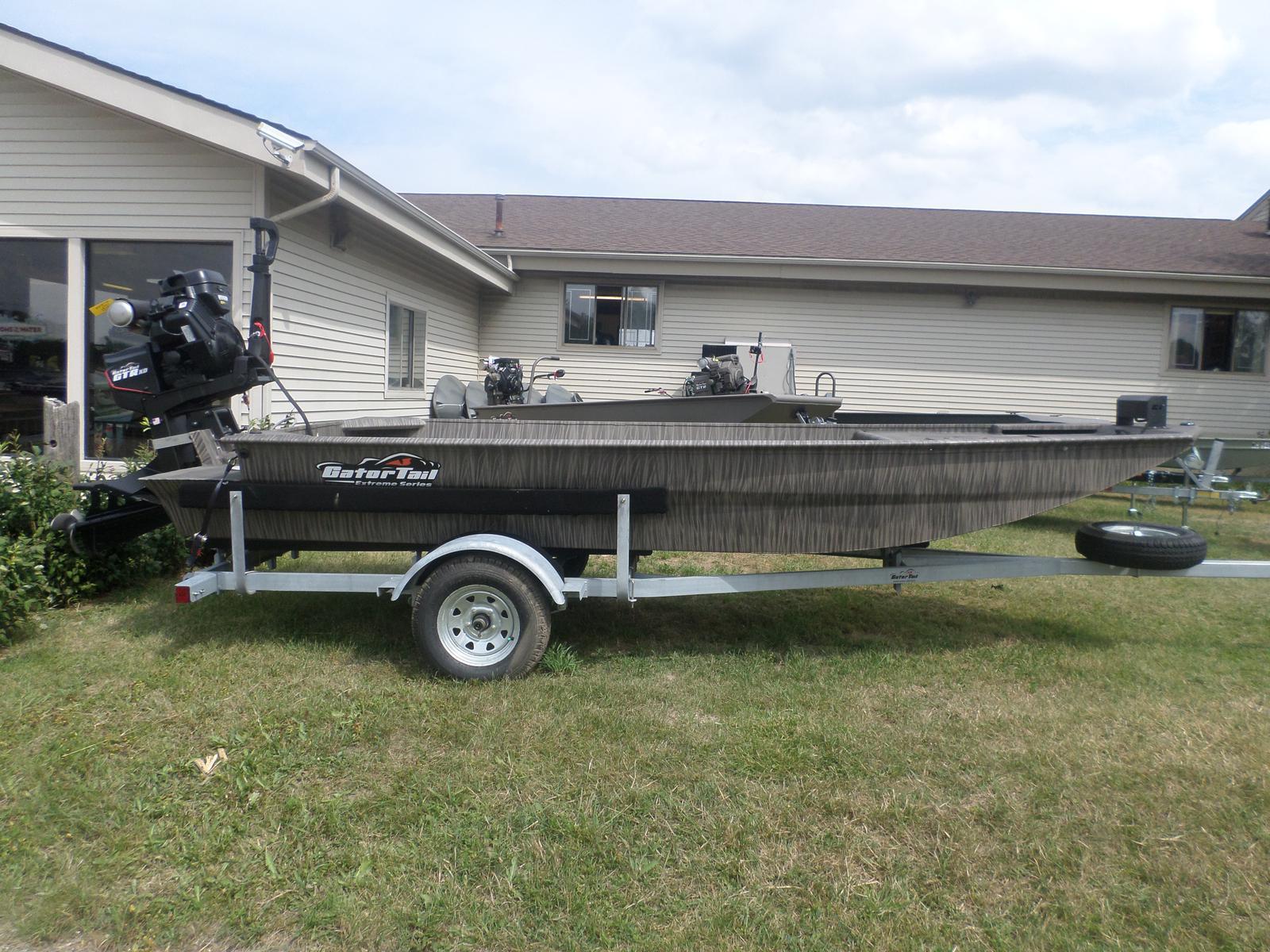
Gator Tail boats for sale
4.5/5 (1,936 reviews)

GatorTail boats for sale
4.5/5 (1,936 reviews)
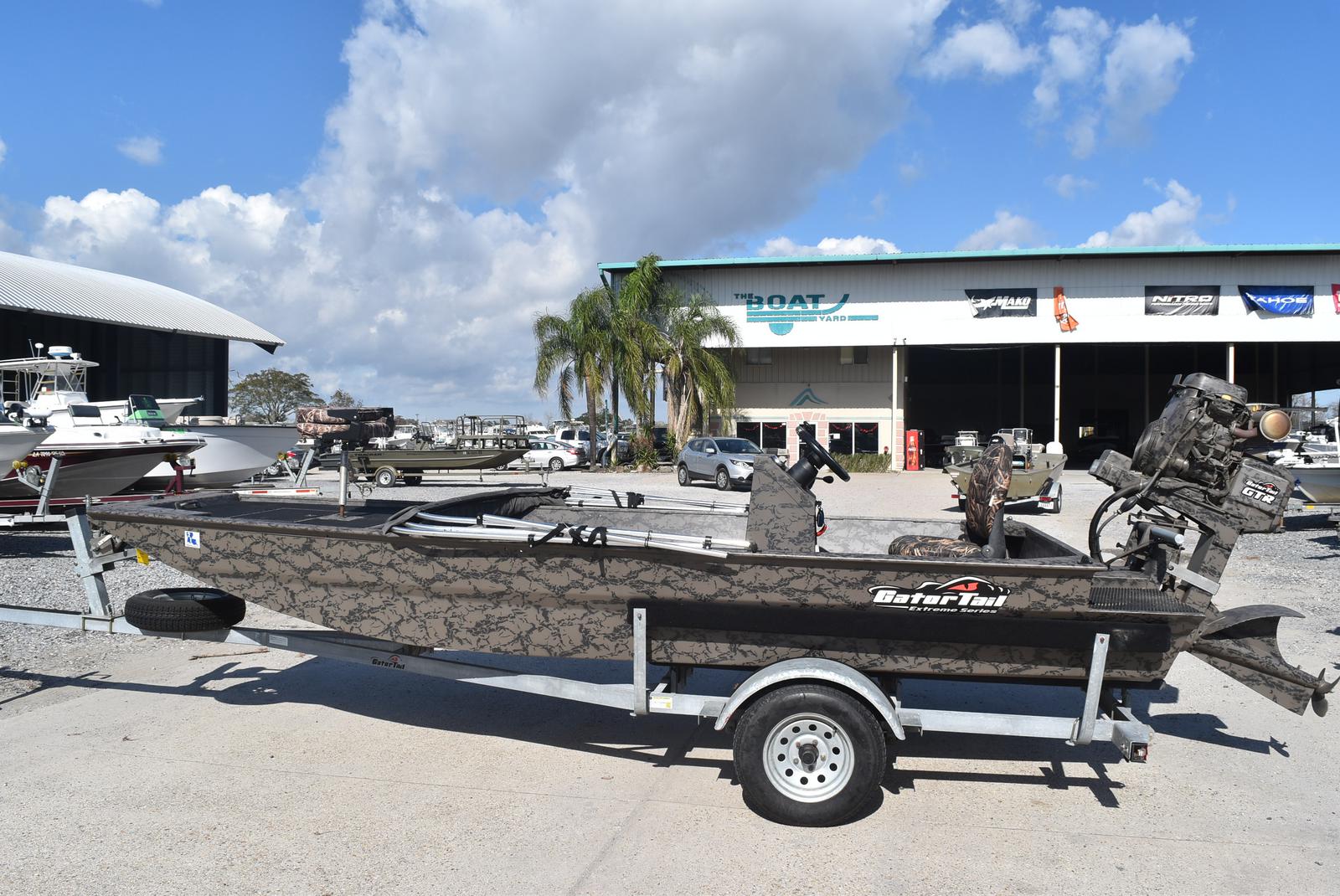
Used Gatortail boats for sale
4.5/5 (1,936 reviews)

Gator Tail boats for sale
4.5/5 (1,936 reviews)
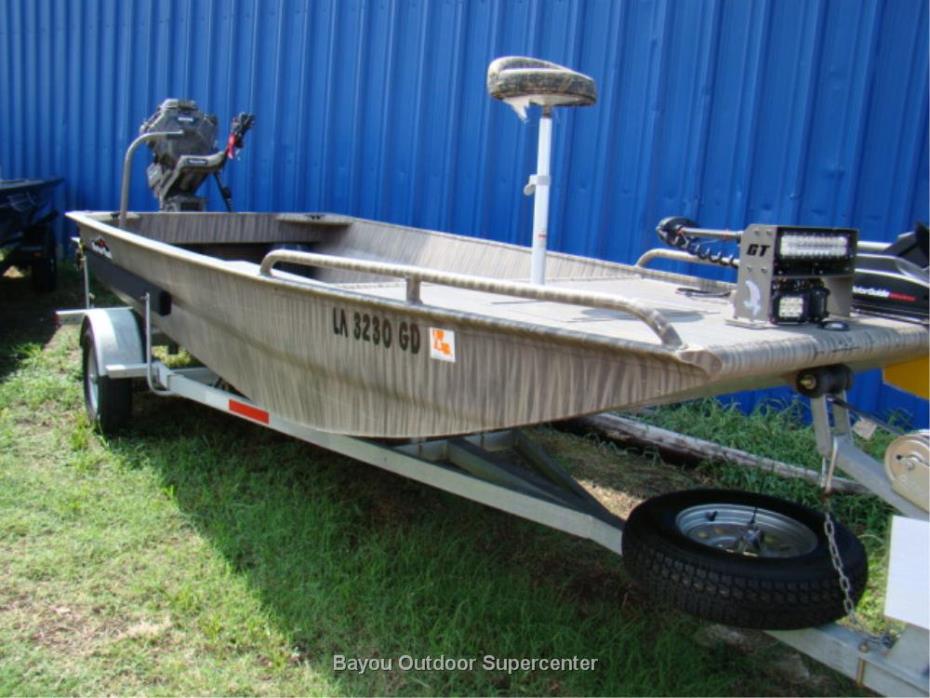
Gator Tail boats for sale in Louisiana
4.5/5 (1,936 reviews)

gatortail boats for sale
4.5/5 (1,936 reviews)
For some, selling a business is a proactive decision to move on to new ventures, while for others, the sale might be the result of external factors, such as market downturns, changing consumer preferences, or regulatory shifts. It’s about letting go of something that no longer serves a purpose, while opening the door for something new to take its place. For example, someone might be able to purchase a used smartphone or laptop with the same features and specifications as a brand-new model, but at a significantly reduced price. This practice is an essential aspect of sustainability, as it helps conserve resources and reduces the amount of waste sent to landfills. This can manifest in the context of career, relationships, or personal goals. These platforms often provide tools that help streamline the due diligence process, including access to financial documents, business valuations, and other relevant data. In some cases, selling second-hand items can be a way to make a significant profit, especially if the items are rare, vintage, or in high demand. Success after the acquisition depends on a variety of factors, such as effective leadership, market conditions, and the buyer’s ability to make improvements and capitalize on growth opportunities. They become part of the story of the buyer and the creator, connecting people to a tradition of excellence, heritage, and care. It is subjective, shaped by cultural norms, individual preferences, and the evolving standards of various industries. This is especially true in a world dominated by fast fashion, disposable electronics, and mass-produced products. The truth is that the idea of quality is deeply rooted in the philosophy of craftsmanship, heritage, and trust, which explains why certain items, often categorized as quality goods, tend to be prized more than others, even when they may come with a higher price tag. A home, a car, a piece of jewelry, a moment in time, a relationship — all of these things, at some point, become commodities. The marketplace, for all its flaws, has brought about great innovations. Second-hand markets also promote the idea of a circular economy, an economic system that focuses on reducing waste and reusing products. Many second-hand clothing stores and online platforms specialize in curating high-quality, gently used apparel, making it easy for consumers to find fashionable items that align with their tastes. Online marketplaces have opened up opportunities for people to buy and sell goods from the comfort of their own homes. The idea that everything has a price, and that everything is for sale, may seem like a grim outlook, but it’s one that has become increasingly true. The longer something is used, the less likely it is to contribute to the growing problem of waste. Whether through their durability, aesthetic appeal, or the values they embody, these products go beyond simple transactions.
Technological advancements and shifts in consumer behavior can also impact the types of businesses that buyers are interested in. Our emotional lives, our personal narratives, and even our deepest fears have been monetized. These acts of generosity remind us that there are still things in life that cannot be bought, cannot be sold, and cannot be quantified. Thrift stores, consignment shops, and online marketplaces like eBay and Poshmark provide a platform for people to sell or buy pre-owned high-quality goods. The perceived high cost of these items has led some to opt for cheaper alternatives. In the realm of electronics, a quality product, such as a high-end camera or a premium laptop, can perform reliably for years, often outlasting cheaper alternatives. Even in a marketplace where everything is commodified, there is still room for those moments and experiences that transcend value. People are increasingly looking for quality over quantity, preferring items that are durable, timeless, and well-made. For many, purchasing second-hand goods is not only a practical and affordable choice but also an environmentally conscious one. Even objects with little intrinsic value can be sold with great meaning. The resale of pre-owned clothing has become a booming industry in recent years, with second-hand stores and online marketplaces thriving as more consumers opt for affordable, sustainable alternatives to fast fashion. While buying and selling second-hand items can come with its challenges, the rewards—both financially and environmentally—make it a worthwhile pursuit for many people. These platforms have also made it easier for individuals to sell their own pre-owned goods, turning unused or unwanted items into cash. The idea of “buying quality” is not just a luxury; it’s a mindset that encourages consumers to think beyond the momentary gratification of cheap purchases and focus instead on long-term value and satisfaction. In this sense, online second-hand markets have not only made pre-owned goods more accessible but have also made them more desirable, offering an alternative to the mass-produced, one-size-fits-all nature of new products. Upcycling is a great way to make the most out of second-hand goods, adding both value and meaning to the items that are being repurposed. Relationships can become transactional, where each party enters into an agreement based on what they stand to gain. Another aspect that contributes to the appeal of quality goods for sale is the level of detail and attention given to the design. Second-hand items are typically sold for a fraction of their original price, making them an attractive option for individuals on a budget. By choosing second-hand goods, consumers can help reduce waste, conserve resources, and lessen the demand for new production.